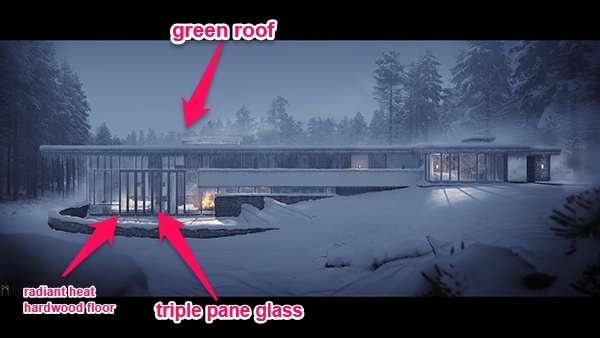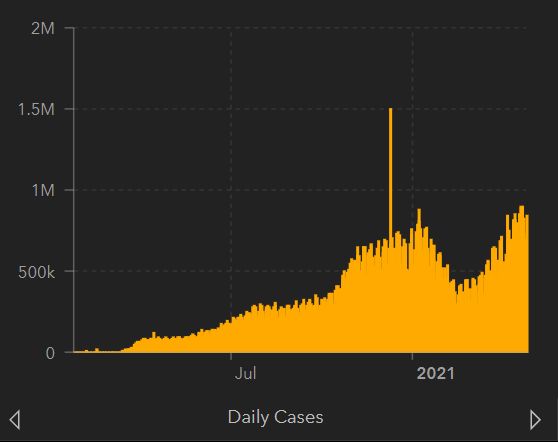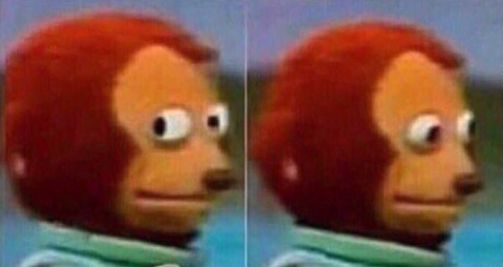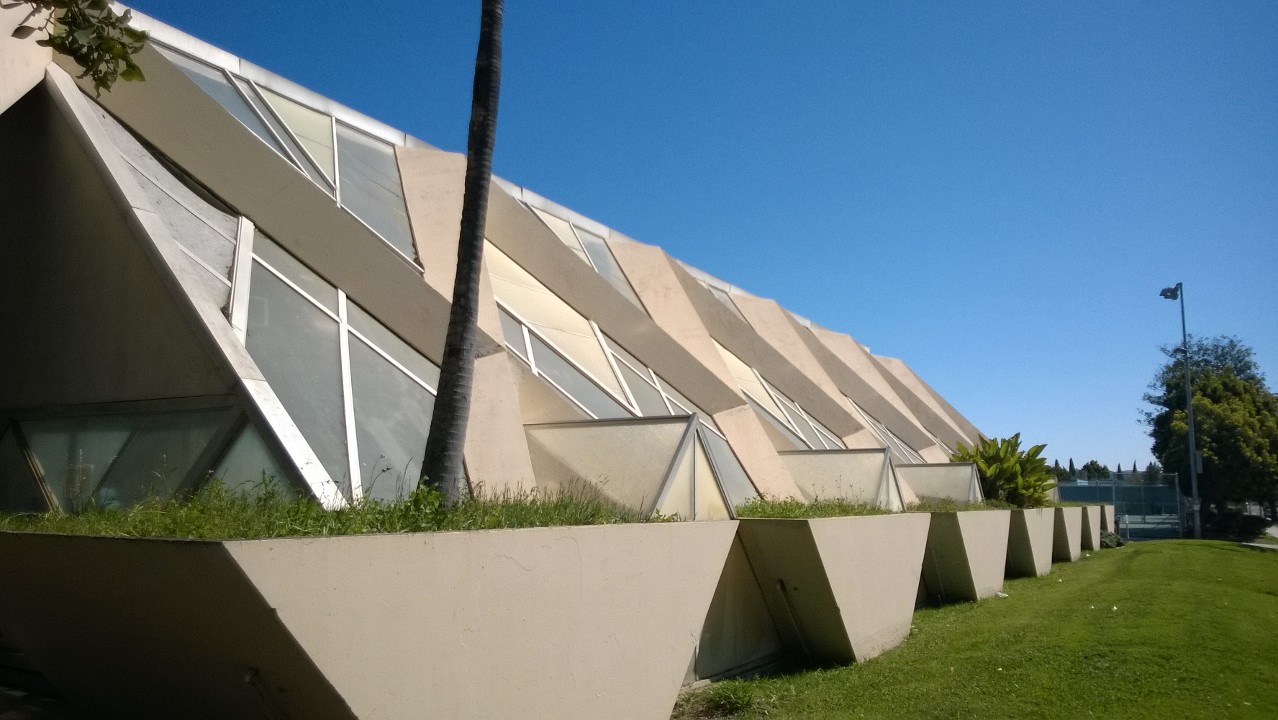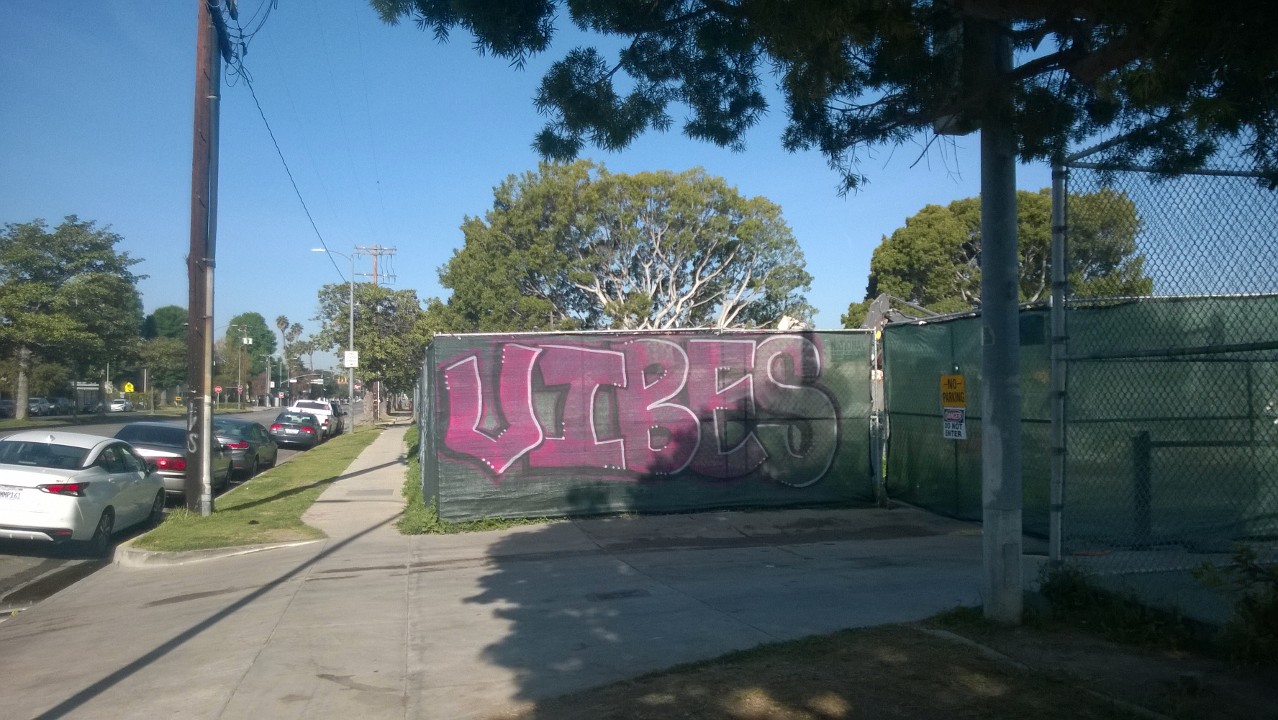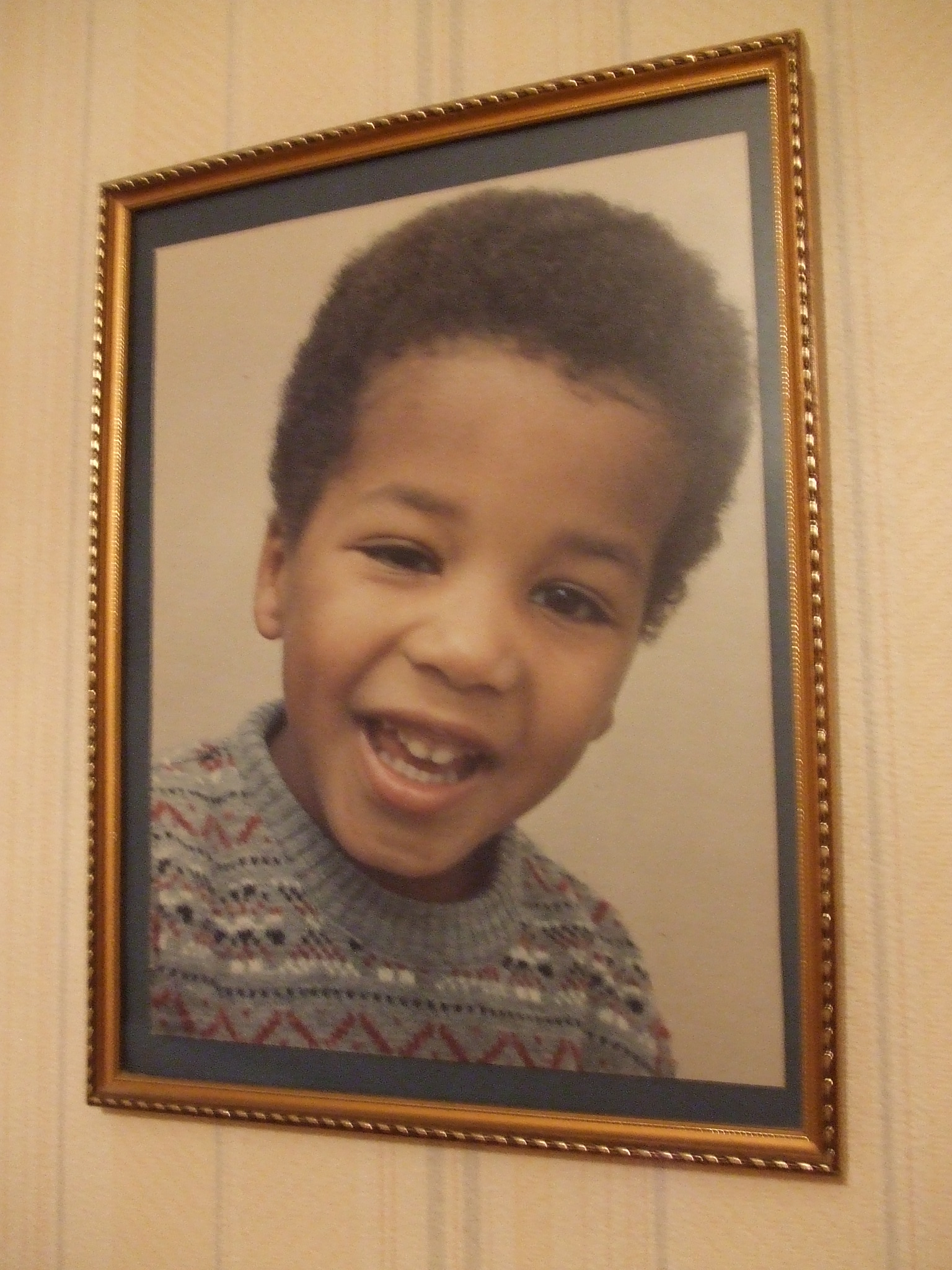
That’s five year old me on a wall in France. This portrait is still there.
*lands next to 5 year old me, like a super saiyan*
5 year old me: *screams in high pitch, scared as hell*
me: it’s me, you. Just coming from the future. Listen,
*grabs 5 year old me for a hug and puts him back down*
me: It’s going to be okay. You will be fine, smart, in shape etc. It’s going to be super weird around you though. Like, you’ll be at that place in California eating a burger for the equivalent of 100 French francs, a big three-course meal back in the days. Everyone, even homeless folks will have computers in their hands, only they will be more like super-dedicated TV channels than computers as you will learn them. People will have extremely accurate devices talking to them to tell them where to turn right or left on the road and yet, people will drive in the most random ways you can possibly imagine. You will be skilled and fearless about any task to do to make a living or not. You will suck at selling yourself because you’ll spend most of your time trying to get better at everything. Nonetheless, you will be appreciated, liked, loved even. You’ll be loyal and that will make you suffer. But you’ll know that trust is the most beautiful, precious thing between people.
In 2020 though..
5 year old me: *speechless* *blinks*
me: So uh, where to start. I mean you’ll see that movie Akira in a few years. 2020 will be the same as in the animated masterpiece: religions will still be strong, corruption will be rampant and some weird techno-order will reign while people will be sedated with entertainment and mind-altering substances like alcohol. Meanwhile a pandemic will happen and decimate millions worldwide, it’s still happening. Life will make you go through a lot that year. You will do the work and show up for people and people will show up for you. At least one person will and you’ll be forever thankful for her.
In 2021 though..
5 year old me: *about to say something*
me: Sike! It will be the same mess, with some vaccines around.
5 year old me: *frowns*
me: It’ll be alright but you have to know that bad things will happen to people looking like you. Murders, executions. More often than not, by the very people supposed to protect us. It will be “televised”, on camera for everyone to see. No one will really care. It will impact you and the people around you as well as generations to come. This will be very hard to deal with.
*holds 5 year old me for a long hug*
me: But you’ll be resilient and the people around you too. You’ll enjoy your life even though working on good project in a good environment with a good team will be a hard thing to reach. The rat race will be supercharged and most things will be uncertain, despite the fact that we will be so much wealthier then. I know it’s impossible to parse, but three people will “own” more than half the planet, about 4 billion people. Three dudes.
5 year old me: *stares into the void*
me: Stay good, young man. You’ll get where you want to be. You have plenty to offer. Be patient and agile. I love you. In a way you only got you. I got you. Peace!
*puts 2 fingers on forehead, disappears with a swift sound effect*

